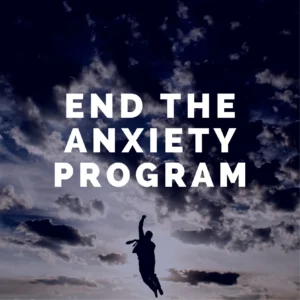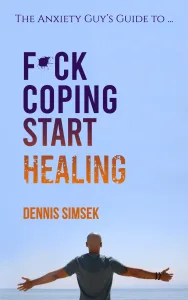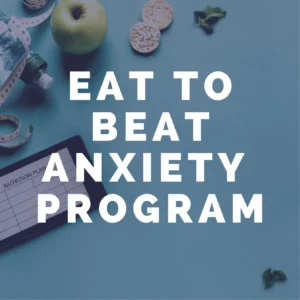Introduction
In the face of a global pandemic, health anxiety has become a prevalent issue affecting many individuals worldwide. This podcast, guided by the insights of Dennis Simsek, aims to provide a path towards healing from health anxiety.
Understanding Health Anxiety
Health anxiety is more than just a fear of illness. It’s a complex condition rooted in subconscious programs laid down between conception and the age of five. These programs, often based on fear, lead to an excessive reaction to physical symptoms. Individuals with health anxiety interpret these symptoms as real physical issues, becoming highly sensitive to internal changes in their body and mind.
The Connection Between Health Anxiety and the Coronavirus
The coronavirus pandemic has intensified health anxiety for many people. Instead of confronting their fears, many hope for the best, leading to feelings of powerlessness. This approach can exacerbate symptoms of anxiety. News about the coronavirus can put individuals in a survival state, negatively altering their perception of information and intensifying their fear.
The Emotional Refractory Period
The emotional refractory period is a phase where our bodies want to maintain the same emotional state for as long as possible. During this period, we sort for information in the outside world that maintains our fear-based emotional state, moving our consciousness in that direction. This can lead to a cycle of fear and anxiety that is difficult to break free from.
The Problem with Drama and Chaos
In the midst of a global pandemic, it’s easy to get caught up in the drama and chaos. Many people focus on these aspects instead of their overall well-being. Consuming news and social media constantly can be harmful, especially when it feeds into our subconscious programs of fear. This connection between subconscious programs and the coronavirus is something we need to be aware of and address.
The Importance of Open-Mindedness
Being open-minded to new ideas and perspectives is crucial in overcoming health anxiety. It’s important to understand the difference between feelings and intuition. Feelings are often influenced by our subconscious fears, while intuition is our innate understanding of what is truly best for us. Making our own decisions, rather than allowing the world or our feelings to dictate them, is a key step towards healing.
Top 10 Things to Be Open-Minded To
1. Locate the Consistent Feelings
Pay attention to the feelings that consistently come up. These are connected to your subconscious programs and need to be addressed in order to heal.
2. See Symptoms as a Response:
View your symptoms as a response to where your focus of attention and energy has been going. More symptoms often mean more fear-based information.
3. Guide Your Symptoms:
Don’t let your symptoms control you. Take charge and guide your symptoms instead of being guided by them.
4. Replace Catastrophizing with Compassion
Treat your bodily symptoms with compassion instead of fear. Speak to your symptoms the way you would speak to a loved one.
5. Pick Up on the Cookie Crumbs:
Learn from your most intense and panicky moments. These are not failures, but feedback. Use this feedback to understand and address your health anxiety.
6. Avoid Snacks and Sensationalism
In times of stress, it’s easy to reach for snacks or sensational news. However, these only provide temporary excitement and can be detrimental to your overall well-being. Focus on nourishing your body and mind with healthy food and information.
7. Understand Your Anger
Anger is often a sign of unfulfilled expectations or unresolved issues from the past. Instead of blaming others or external circumstances, try to understand the root cause of your anger. This understanding can help you let go and move forward.
8. Educate Yourself:
Knowledge is power. Educate yourself about health anxiety and the coronavirus. Use reliable sources and avoid unnecessary exposure to fear-inducing news and social media.
9. Practice Compassion:
Treat yourself with compassion. Speak to yourself the way you would speak to a loved one. This shift in perspective can help you interpret your symptoms in a more positive light.
10. Learn from Your Experiences:
Every panic or anxiety attack is an opportunity to learn. Instead of seeing these experiences as failures, view them as feedback. Use this feedback to understand your triggers and develop coping strategies.
Remember, overcoming health anxiety is a journey. It takes time, patience, and practice. But with these steps, you can start to regain control and find freedom from your fears. Stay strong, stay informed, and remember – you’re not alone in this journey. If you need more help, feel free to ask.




